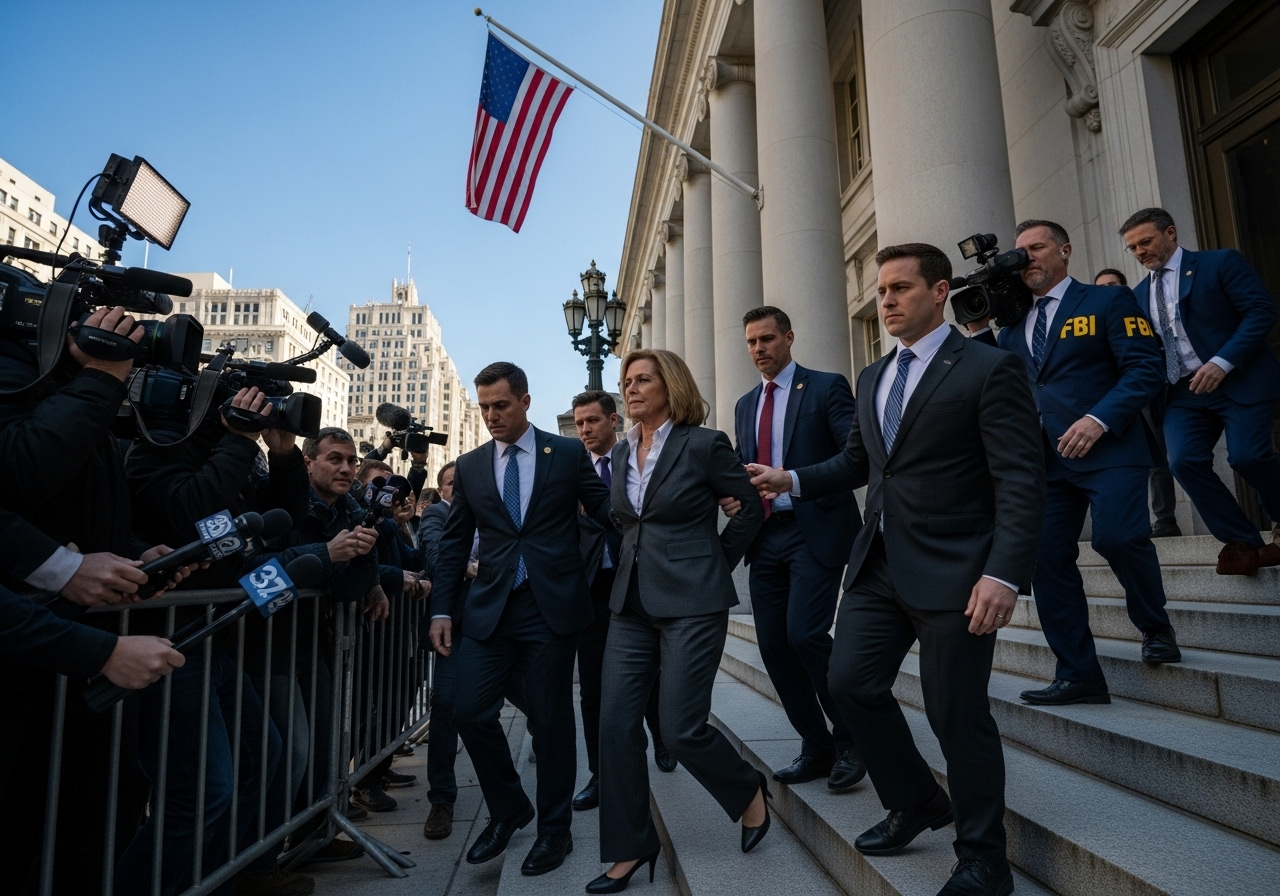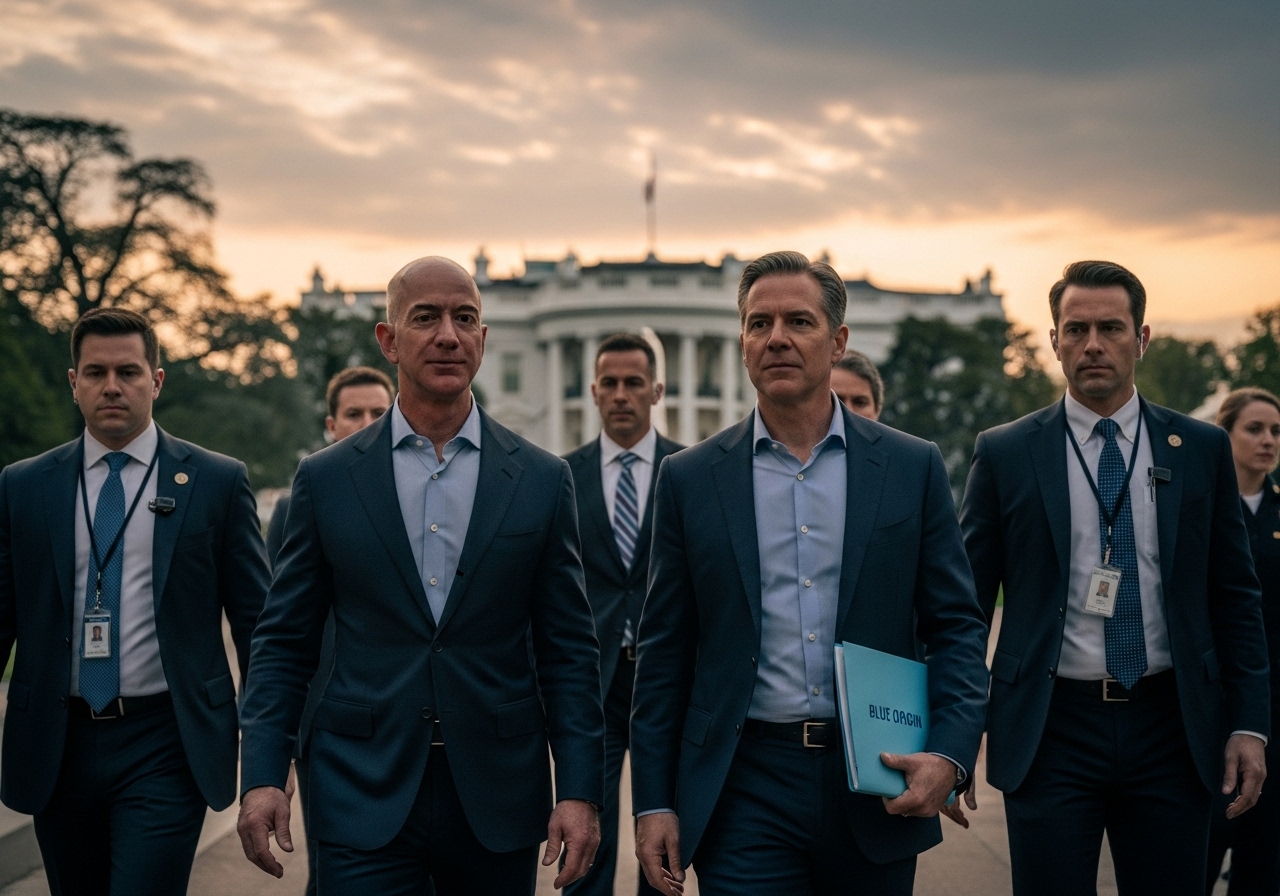This week, social networking behemoth Meta and Texas Attorney General Ken Paxton announced a $1.4 billion settlement regarding Meta’s collection of biometric data on X.
According to AG Paxton’s announcement:
“An Attorney General has secured the largest privacy payout ever, and a single state has obtained the largest compensation from a lawsuit.” This should serve as a warning to any businesses that violate the privacy rights of Texans by their actions.”
Furthermore, in the attached official news release, AG Paxton detailed the data collection that resulted in the lawsuit.
“Meta launched a new tool in 2011 called Tag Suggestions, which it said would enhance the user experience by facilitating the process of “tagging” photos with the names of those in the picture. Without describing how the function worked, Meta turned it on automatically for all Texans. Most Texans are unaware that for over ten years, Meta recorded the facial geometry of the people shown in the photos by running facial recognition software on almost every face in the images. Meta took this action even though it was aware that CUBI prohibits businesses from collecting Texans’ biometric identifiers, such as facial geometry information unless they first notify the individual and obtain their agreement.”
Meta has had to retract its previous positions on several occasions.
Preserving our right to privacy is one of the main issues facing the digital age. There are several benefits to the Information Revolution. However, one of the main ways that social media firms misuse their influence is through the unauthorized collection of personal information. As a result, there is currently an arms race going on between users, government agencies, massive social networking sites like Facebook and Meta, as well as identity thieves and fraudsters.
Meta has faced accusations of numerous other reprehensible acts in addition to this illegal biometric data collection. Many states filed lawsuits against the firm because they were allegedly using selective editing and censorship to restrict political discourse; however, the Supreme Court stopped those lawsuits earlier this month.
Users always have the last say when it comes to making decisions. The internet is a veritable gold mine of information, and while it’s often necessary to sort through a lot of garbage before finding a few kernels of wheat, users ultimately have the responsibility to ascertain whether these companies are engaging in any unethical data-gathering practices or other practices that they find objectionable, and to decline to use their services if they do.
Yes, it is necessary to read the User Agreement.
For the time being, privacy rights have won—and by a significant margin. This is a victory for Texans, and maybe it will serve as a model for other states.
Author: Steven Sinclaire






